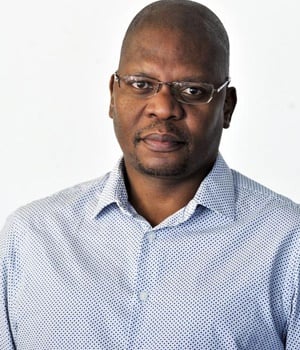
If you visit top tourism websites such as Travelguru and U City Guides, you will find news that will warm your heart as a South African.
U City Guides rates South Africa among the top 10 most beautiful countries in the world, slotting us in at a nice number nine. In raving about our “epic diversity of landscapes, from the Blyde River Canyon to the Drakensberg Mountains”, the website talks about Cape Town being “one of the world’s most beautiful cities” and the Kruger National Park as “one of the most memorable experiences on the planet”.
But it is Travelguru – which puts us in the number one spot of the world’s 20 most beautiful countries – that makes a prospective traveller salivate. It refers to the country’s sweep of international travel prizes and having “the highest repeat tourism of any long-haul destination in the world”.
“Not only does the country have stupendous natural beauty, but it’s urban-amazing too,” Travelguru gushes. Here are some of its raves:
. Three of the world’s 10 most beautiful coastal drives and a coastline hailed as the most beautiful on earth;
. An astonishing variety of marine life; and
. Unsurpassed wildlife and mountains, whales and waterfalls, architecture and antiquity.
All these things, says Travelguru, makes South Africa a “must-see traveller’s dream”.
If you are not singing Nkosi Sikelel’iAfrika at the top of your voice right now, it means you are a bad citizen and this lowly newspaperman will be sending you a reading list of Mathole Motshekga’s writings as cruel punishment.
Aware of these attributes and accolades, it only made sense for South Africa to prioritise the tourism sector as a driver of economic growth.
In numerous government and private sector strategies, tourism is identified as the low-hanging fruit in terms of creating economic opportunities and driving growth. In an environment in which manufacturing and mining sectors are declining, tourism has been one of the few showing positive job creation and affecting lives beyond the urban areas. Because of the rand’s relative weakness compared with other major currencies, the sector has been cushioned from the worst effects of the sluggishness in the world economy.
Then along came Malusi Gigaba, riding his high horse at breakneck speed. After a lukewarm performance at public enterprises, where he was bullied by SAA’s Marie Antoinette, he needed a legacy project. That legacy would be the tightening of South Africa’s immigration regime, ostensibly to protect the country from bad elements and shield kids from traffickers.
The intentions were noble. Everybody wants a safe country and everybody wants children to be safe from creeps. It was when that dreaded phrase “unintended consequences” crept into the picture that Gigaba’s stubbornness was exposed.
Throughout the passage of the regulations, he has been unwilling to listen to voices that warned about the devastating consequences of his proposals on tourism. He shut his ears as travel companies, hospitality bodies, airlines, experts and even members of his own party sounded the alarm bells. He was like Napoleon leading his troops into the Russian winter.
He refused to listen to statistical evidence that even though child trafficking was a problem that needed to be confronted, it was not at crisis levels. In fact, there had been just more than 20 cases in the past three years. He would not listen to those who said that this was not something for home affairs, and that the department should rather support the police and other law enforcement agencies in this regard.
And when concrete evidence came through that forward bookings were being cancelled and enquires were declining due to foreigners not being willing to subject themselves to onerous visa conditions, he went into denial. He blamed the situation on everything else – from the global slowdown, to misconceptions about Ebola, to Mandoza’s refusal to retire from the music industry. Everything and everyone but himself.
This week he took it a step further. He responded to comments by Tourism Minister Derek Hanekom with the ludicrous assertion that those who were worried about tourism numbers didn’t care about the plight of children.
What Gigaba has now done is to paint himself into a corner. He believes that if he backs down from his flagship project, he will have been defeated. Weakness is not a trait that ambitious types like to be associated with.
But leadership is also about pressing the brake and considering alternative routes before you commit to speed down the heavily potholed road. Pig-headedness, on the other hand, is ploughing down that road for fear of being laughed at for not having listened to the alarm bells earlier.
What will Gigaba choose: leadership or pig-headedness? You may be alarmed




 Publications
Publications
 Partners
Partners








